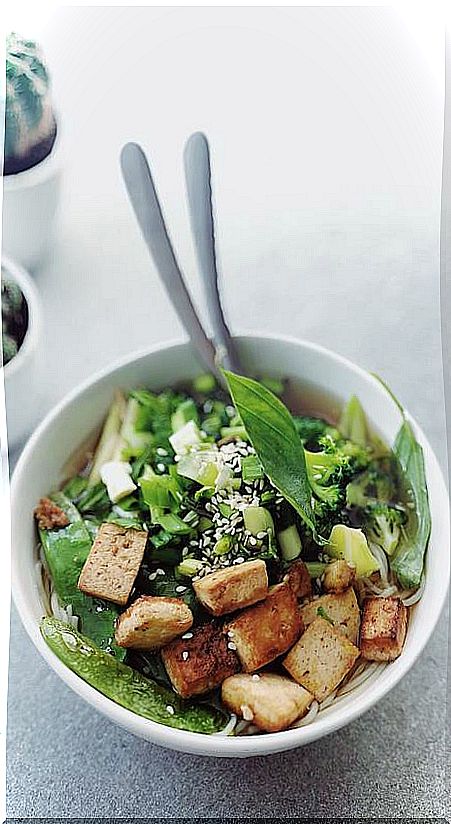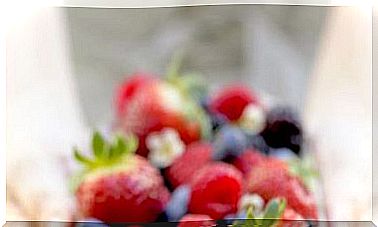With Vegetable Proteins You Will Not Lack Amino Acids
Learn the amounts of protein in food, so it will be much easier for you to plan your menus correctly from a nutritional point of view.

Foods that provide plant protein
Tofu
Although only 8% of its weight is protein, the digestibility of these proteins is excellent, with a 93 of PDCAAS (quality corrected for digestibility).
- With two and a half cups an adult would get all the essential amino acids needed per day.
Chickpeas
Cooked, they are 9% protein, and highly digestible (78 from PDCAAS). One cup (164 g) of cooked chickpeas contains about 14.5 grams of protein.
- If you prepare them with rice or sesame (hummus) you will enhance the use of their amino acids.
Pistachios
They offer 21% protein, but are eaten in less quantity than legumes or cereals.
50 pistachios (about 30 g) provide 7.1 g of protein.
- Its combination of essential amino acids, yes, makes these proteins very usable.
Quinoa
13% of the weight of this cereal are proteins. Almost twice as much as rice! With a cup of cooked quinoa you get 8 g of protein.
- Its proportion of essential amino acids also favors its assimilation. It is also rich in minerals.
Hemp seeds
They contain the nine essential amino acids, so it is a good idea to add them crushed to salads, breads and vegetable yogurts.
- Two tablespoons provide 7 g of protein, which covers 15% of the recommended daily needs.
Amaranth
Related to quinoa, it is also rich in proteins (16%) that contain all the essential amino acids.
- Gluten free, amaranth provides healthy energy and more fiber than most cereals.
Spinach
Like beets, they do not provide much protein (5 g per cup of cooked spinach), but they are “complete” quality proteins.
- Although a food does not provide a large amount of amino acids, it helps to satisfy your needs.










